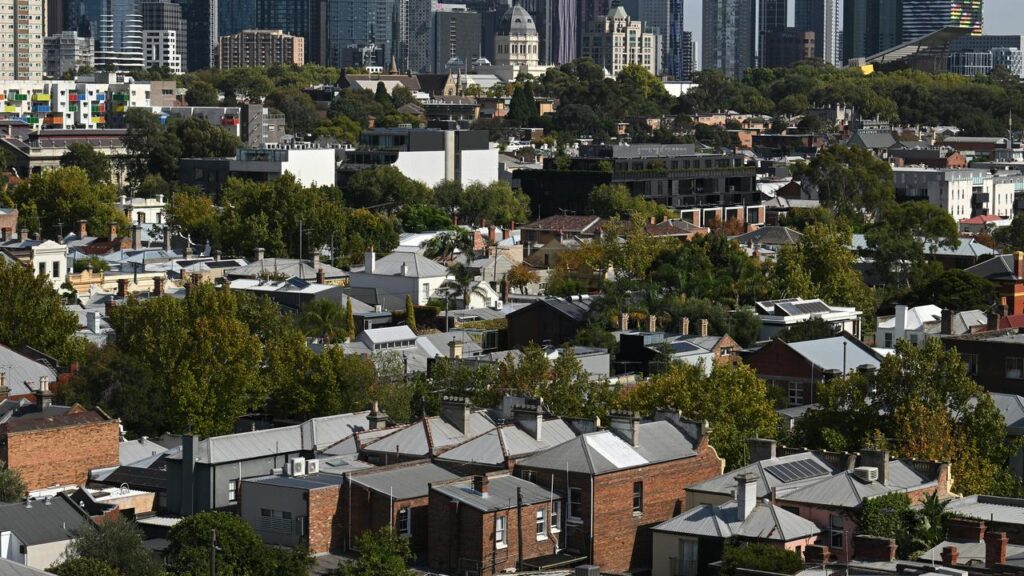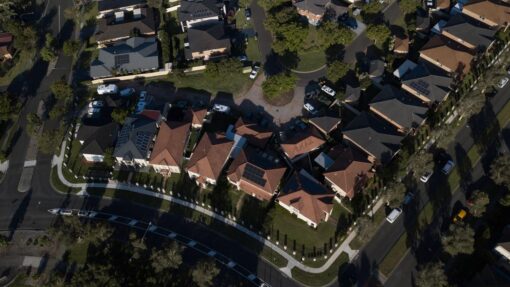Full-time workers hit by ‘worst ever’ housing crisis
Dominic Giannini and Lloyd Jones |

Two workers for the federal government have been forced to use a food bank because of exorbitant rents, advocates say, as fresh data shows most rentals are unaffordable.
The two women, in the nation’s capital where the average annual wage is more than $110,000, are among thousands of Australian renters struggling to afford housing, the Anglicare Australia study shows.
One woman, who works for Treasury, told a welfare group she was embarrassed to rely on weekly food donations after her husband and father of her children died and she found herself unable to pay the rent.
The other woman struggling with rent works at Parliament House.
“We have single fathers coming in as well, we have parents once in private rentals now living in cars,” St John’s Care manager Jason Haines told AAP on Wednesday.
The organisation helps to provide food to struggling people in Canberra.
Families were coming in at breaking point and some were “unable to speak most of the time because a lot of the time they haven’t eaten for three or four days,” Mr Haines said.

People on the lowest incomes “don’t stand a chance” Anglicare executive director Kasy Chambers said.
The organisation’s annual Rental Affordability Snapshot shows fewer than one in 100 full-time workers on the minimum wage can afford homes to rent.
It’s even worse for a person out of work, with the survey of more than 51,000 rental listings showing just three were affordable for someone on JobSeeker.
The 16th annual snapshot was the worst so far, Ms Chambers said.
“It’s hard to think what we’ll be here saying this time next year.”

It was up to governments to step up instead of leaving housing to the private sector, Ms Chambers said.
“People tell us frequently about the meals that they have to skip, about not filling prescriptions, about not putting the insurance on the car,” she said.
Anglicare wants an increase in income support, with JobSeeker sitting well under the poverty line, as more people on higher incomes increasingly experience housing stress and face homelessness.
The major parties had committed to spend tens of billions of dollars to address housing supply but this wouldn’t help in the immediate term, Ms Chambers said.
“We can see this year, we have a significant increase in the amount of properties that are actually available – it has not affected affordability in a positive way,” she said.

Long term reform is needed, including winding back tax breaks for property investors which have been linked to higher housing costs, Ms Chambers said.
The Greens and independent MPs have lambasted the government for failing to address the issue and are calling for holistic reform as well as a lift in welfare payments.
Julia, a student on youth allowance who’s received Anglicare assistance, has been trying to find an affordable room in a share house in Brisbane and is looking at dropping her studies to part-time so she can work more to afford rent.
Cait, a single woman on JobSeeker trying to find a Sydney rental ahead of the end of her lease, said it was impossible to find somewhere affordable and she may need to turn to crowdfunding to help her pay rent.
AAP


